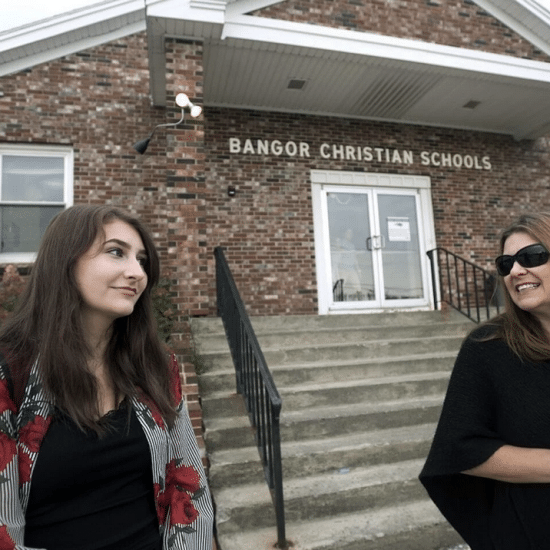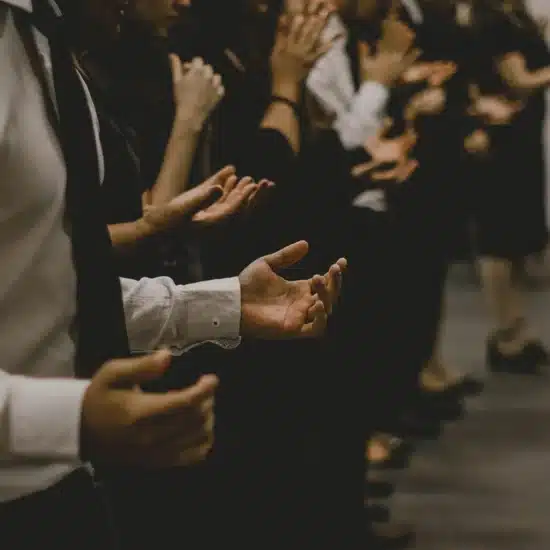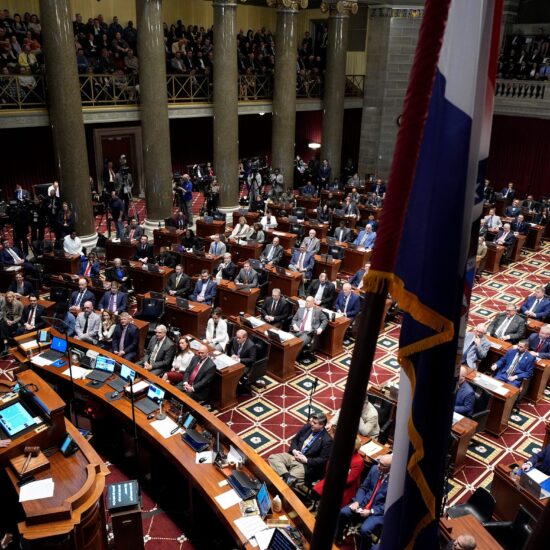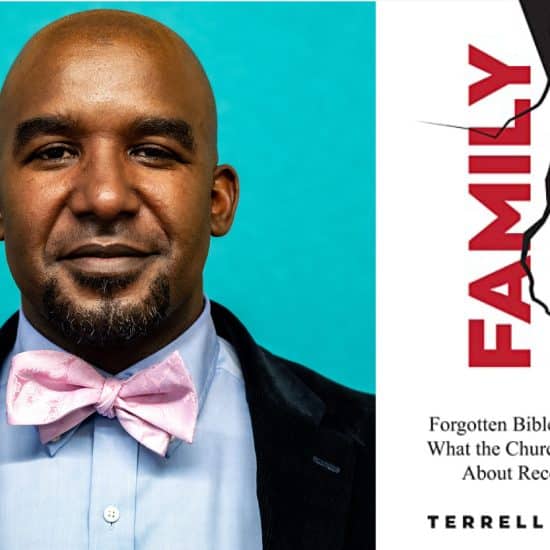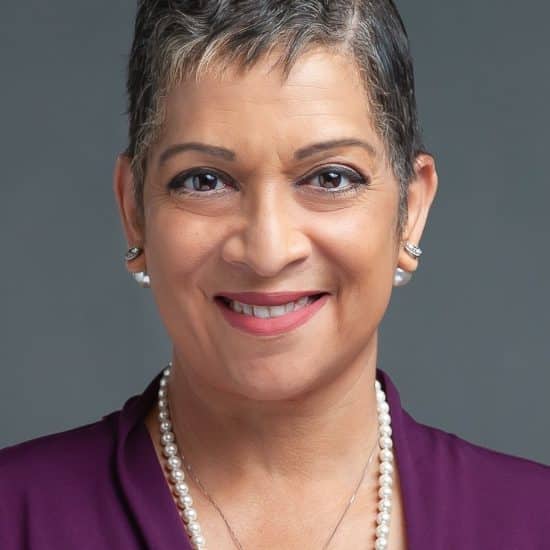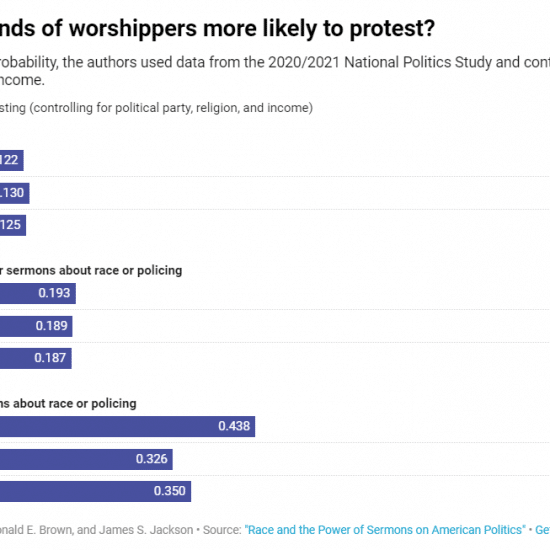By Robert Marus
Associated Baptist Press
WASHINGTON — In all of America’s brouhaha over whether legalizing same-sex marriage will sully the institution’s sanctity, very few Christians are asking one important question:
When — and why — did the government get into the sanctification business in the first place?
When the preacher, at the end of a marriage ceremony, says, “By the power vested in me by the state of (fill-in-the-blank), I pronounce you husband and wife,” is he or she acting as a minister of the gospel or a magistrate of the government — or both?
And how does that happen in a society with a First Amendment designed to guarantee functional separation between religion and government?
Ultimately, one’s view of how closely the religious institution of marriage and its civil counterpart are — or should be — related may well influence one’s views about whether government has a good reason to limit legal recognition of marriage to heterosexual unions.
“Every five years, if I want to do weddings in Virginia … I have to [re-apply for a license and] swear or affirm that I will be an officer of the court, not as a lawyer — which is OK — but as a minister, so the Commonwealth of Virginia will recognize the ceremonies,” said Barry Lynn, who is an attorney, an ordained minister in the United Church of Christ and executive director of the Washington-based Americans United for Separation of Church and State.
Having to make such an affirmation makes him cringe, Lynn said, because he believes doing so is evidence of an excessive entanglement between church and state in the area of marriage regulation. It isn’t paralleled anywhere else in American law.
“I do think many ministers resent becoming agents — official agents — of the state to perform marriages,” he said. “And so this coupling of the sacred and the civil occurred early in the United States and is widely the case today.”
Maggie Gallagher is a leading scholarly opponent of same-sex marriage. She said the government regulates such religious authorities’ ability to perform marriages because the state didn’t create marriage. Rather, legal authorities merely recognize and regulate an institution that already exists and is deeply rooted in the society’s history and traditions.
That’s why she believes it’s not easy to revise its definition to include, for instance, same-sex couples.
“It is a problem when the government appropriates to itself the power to unilaterally redefine marriage in a way that is not consistent with the will or the traditions of the people — because the government alone cannot create a marriage tradition powerful enough to preserve and protect the government’s main interest in marriage: bringing together men and women to make and raise the next generation together,” Gallagher, president of the Virginia-based Institute for Marriage and Public Policy, said in an e-mail interview.
“Civil government has always been viewed as having a role in marriage, because the common good is so heavily at stake in its protection and preservation.”
Government is in the marriage business because encouraging the best environment for raising and protecting children is a benefit to society at large, Gallagher noted. That’s why the institution has special legal privileges and responsibilities attached to it that aren’t given to other intimate adult relationships.
“There’s a reason the government has always been involved in marriage, but not in baptism or my priest’s vow of celibacy,” Gallagher, who describes herself as an “orthodox Catholic,” said. “Marriage is not a sacrament that has only religious implications, like baptism.”
But, in a society with a Constitution that provides religious freedom for all, what is the secular justification for limiting marriage to heterosexual couples? Gallagher and her allies have argued that separating marriage completely from the idea that it encourages the best environment for natural procreation will inevitably have negative effects on the very reason government encourages marriage — children’s welfare.
Gallagher pointed to a 2006 statement, signed by a broad group of legal scholars, called “Marriage and the Law: A Statement of Principles.” In discussing the tendency of same-sex marriage advocates to argue for marriage equality as a human right, the document warned that such a legal framework could have negative consequences for the future.
“To frame the same-gender-marriage issue as exclusively about gay and lesbian civil rights fails to take seriously the issues at stake. Many of us believe that same-sex marriage may offer important potential [social] goods, from increasing stability for children raised by parents in same-sex partnerships, to greater social attention toward the legitimate needs of gay and lesbian people,” it said.
“But we recognize that the question of whether and how altering the legal meaning of marriage from the union of male and female to a unisex union of any two persons will change the meaning of marriage itself is a critical question, which serious people must take seriously, and about which Americans of good will may and do disagree.”
But such disagreement — exacerbated by conflicting religious definitions of marriage — might be circumvented, Lynn suggested.
“I think we would eliminate some, but not all, of the cantankerous debate on same-sex marriage if we did what many of the nations in Europe do, which is to separate the civil aspects of marriage and the religious aspects,” Lynn said.
In many European countries, any wedding must involve a civil ceremony before a judge or registrar — separate from any religious ceremony to solemnize or sanctify the civil act.
“I’ve talked to, over the years, some conservatives who … do think that is a respectable way to distinguish the sacred from the secular,” Lynn said.
But Gallagher contended the way that works, in practice, would infringe on Americans’ religious freedom.
“France and many others who follow that tradition have appropriated to government the sole power to create marriages. This is not our legal tradition at all. I’m not especially in favor of it,” she said.
“A real alternative would be for government to recognize and enforce religiously distinctive marriage contracts so long as they serve the government’s interest — say, permanent ones for Catholics,” she continued. “But what people who talk about ‘separating marriage and state’ really propose to do is simply to refuse to recognize religious marriage contracts at all. This is not neutrality; it is a powerful intervention by the government into the lives of religious people.”
Lynn said he found that argument “bizarre,” from a church-state perspective.
“Everybody recognizes that you don’t have to have a religious marriage. State legislatures write out the rules of marriage, the rights and responsibilities of this civil institution,” he said.
“If people have to sign documents or register before an official, it in no way impugns the integrity of the religious promises that are made during a sectarian or religious ceremony. … The state, of course, has some right to set the rules for the responsibilities and rights of marriage. If that were done for some couples, in no way does it impinge on the rights of a church to explain marriage in its own way.”
But Gallagher said separating the two — say, offering civil unions to gay and straight couples alike and then allowing churches to solemnize them as marriages if they so choose — wouldn’t end debate.
“It doesn’t solve any of the really hard questions: Why is the government involved in intimate unions — why can it separate out and define at all what private and personal adult relationships are worthy of special respect?” she said.
“If marriage — even renamed ‘civil unions’ — has any legal shape or consequences at all, the government still has to define the same question: Why only two people? Why can’t they be brother and sister? Is sexual fidelity implied? If so why? Why connect sex, residency, caretaking [and] financial responsibility in a package? Why not let people pick and choose?
“We don’t get out of that debate by saying, ‘This isn’t marriage; it’s something else.”

